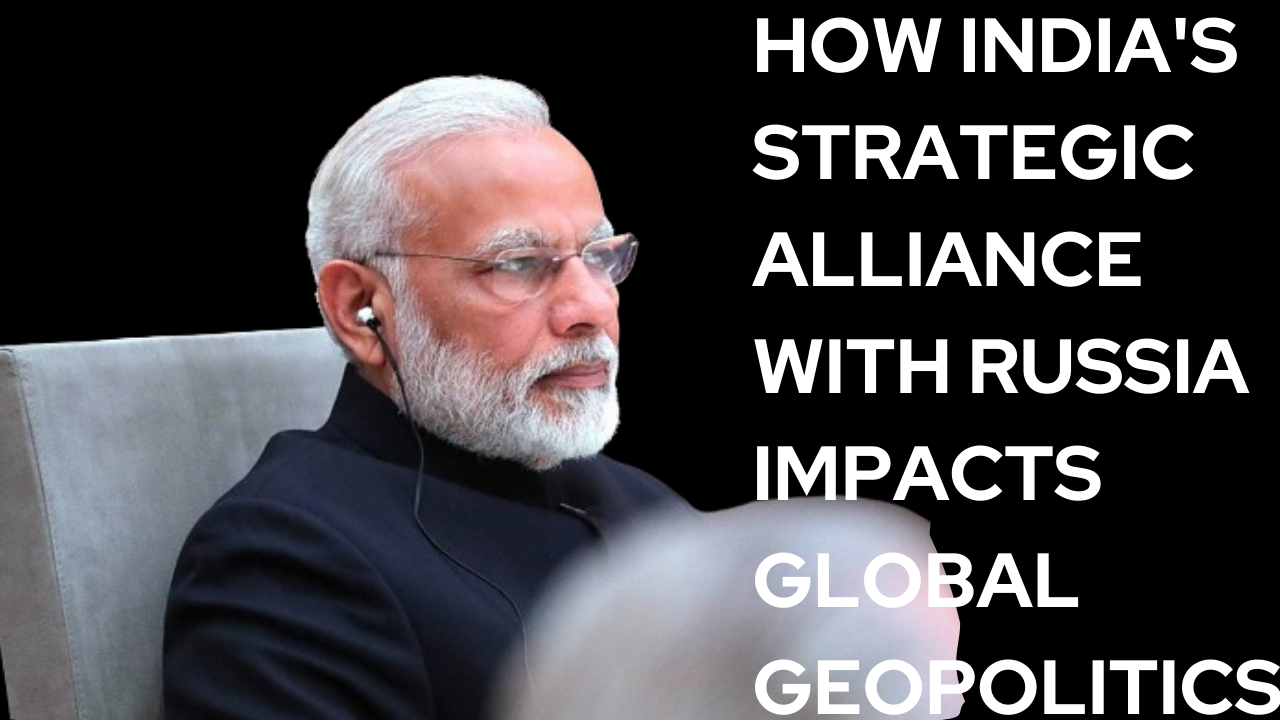The Geopolitical Storm: Modi and Putin’s Meeting in Moscow Sends a Strong Message to China
In a brief yet impactful meeting in Moscow, two powerful leaders, Prime Minister Modi and President Putin, have stirred the geopolitical landscape from Germany to the USA, and from Pakistan to China. The implications of this meeting are profound, particularly in the context of India’s role in balancing Russia-China relations.
When Modi arrived in Moscow, he was received with significant honor by Denis Manturov, the First Deputy Prime Minister of the Russian Federation. This warm reception contrasted starkly with the more reserved welcome given to Chinese President Xi Jinping, highlighting Russia’s strategic tilt towards India.
China’s media, including the Global Times, has softened its stance towards India, acknowledging the West’s attempts to pull India into their camp. This change reflects China’s awareness of India’s rising influence and its strong ties with the USA. Meanwhile, Western media, such as DW and Time, have painted India as a villain for allegedly financing Putin’s war effort, ignoring their own countries’ roles in the conflict.
Despite this, India remains committed to its long-standing partnership with Russia. This relationship spans multilateral cooperation at the UN, G20, BRICS, and the SCO, as well as deep cultural ties. Indian cinema and yoga are immensely popular in Russia, symbolizing the enduring bond between the two nations.
As India and Russia continue to march ahead in various domains, the geopolitical landscape will undoubtedly be influenced by their evolving relationship.
India and Russia to Sign Strategic Uranium Supply Pact Amid Geopolitical Shifts
In a significant development, India and Russia are set to finalize a long-term uranium supply pact during Prime Minister Narendra Modi’s visit to Moscow. This agreement will ensure a steady supply of uranium for India’s civilian nuclear reactors, particularly those in Tamil Nadu, which are being built with Russian assistance.
Two units of the nuclear reactor in Tamil Nadu are already operational, with four more under construction. This pact will not only support these reactors but also potentially supply other civilian reactors across India.
While this agreement might seem routine, the timing adds a layer of geopolitical intrigue. Experts and observers of India-Russia relations are watching closely as the two nations solidify their partnership amid global tensions.
In addition to the uranium deal, discussions on fertilizer production are also expected, indicating a broadening of economic cooperation between India and Russia. This strategic move underscores the deepening ties between the two countries in crucial sectors.
India and Russia: A Timeless Alliance Shaping the Future
As global geopolitics evolve, India’s strategic relationship with Russia reflects a choice rooted in history and mutual benefit. PM Modi’s visit aims to deepen this partnership, ensuring a shared future amid changing dynamics.
In 1971, during the India-Pakistan War, India faced a formidable coalition bolstered by various nations and significant support from the US and UK. Amid this crisis, only the Soviet Union responded to India’s urgent SOS, dispatching a powerful naval fleet to deter Western forces. This decisive move solidified a deep-rooted alliance between India and Russia.
Today, this partnership endures as Prime Minister Narendra Modi visits Moscow for the 22nd India-Russia annual summit, marking a new phase in their multifaceted relationship. Historical ties date back to the 4th century, with significant cultural and economic exchanges. Notably, Empress Catherine the Great translated the Bhagavad Gita, highlighting Russia’s appreciation for Indian culture.
The economic bond remains robust, with bilateral trade reaching $65 billion in 2023. Defense cooperation is a cornerstone, exemplified by joint projects like the BrahMos missile and the S-400 air defense system, despite US objections.

One thought on “How India’s Strategic Alliance with Russia Impacts Global Geopolitics”